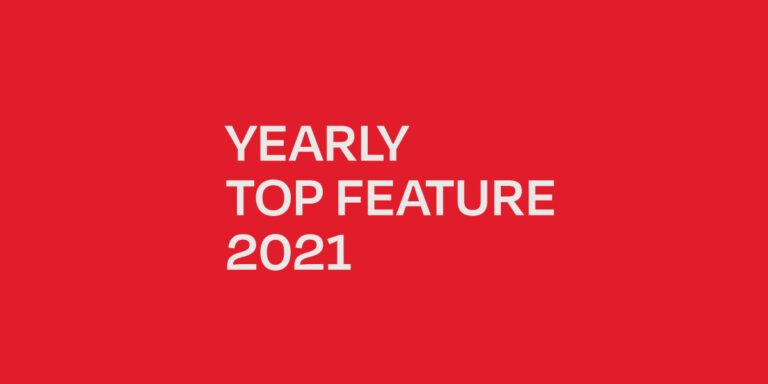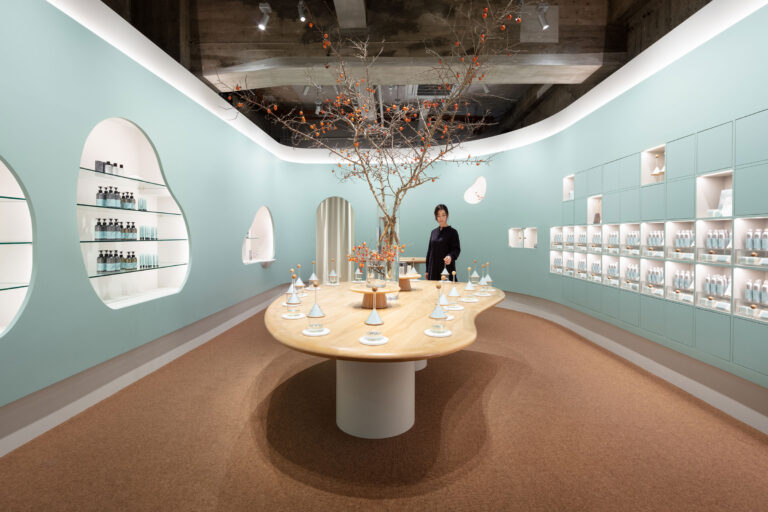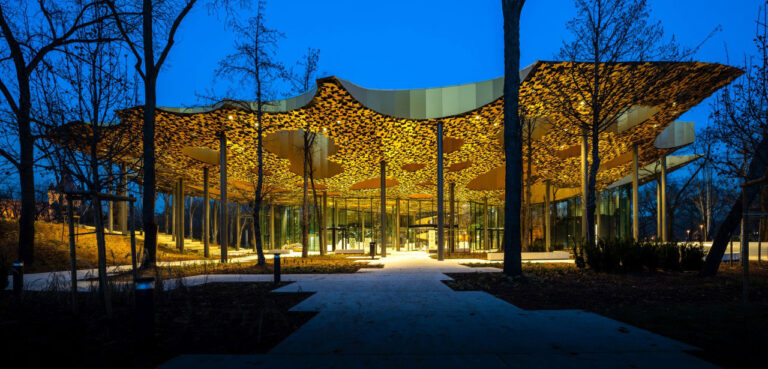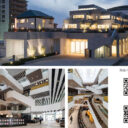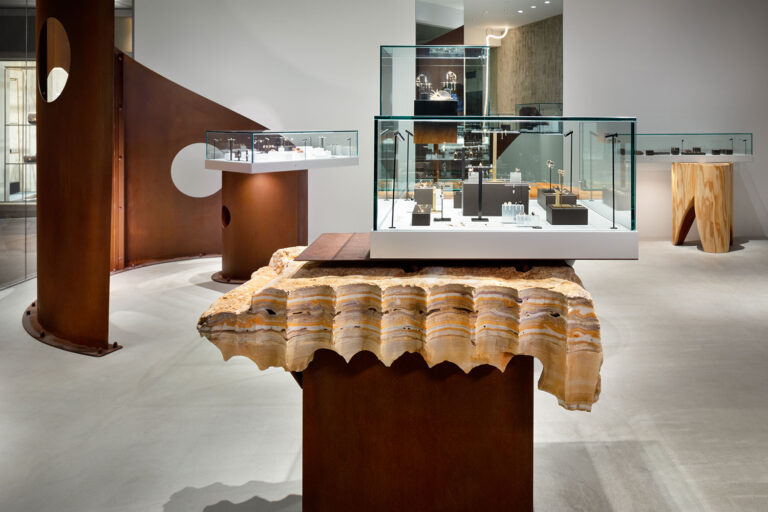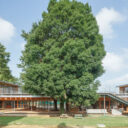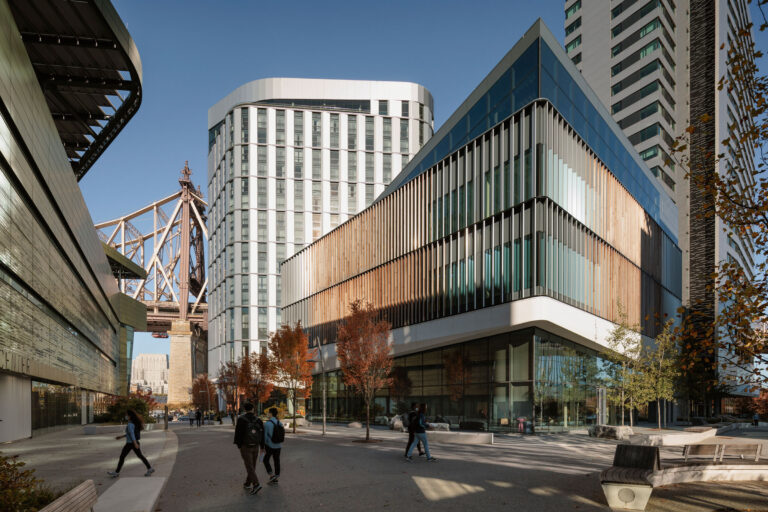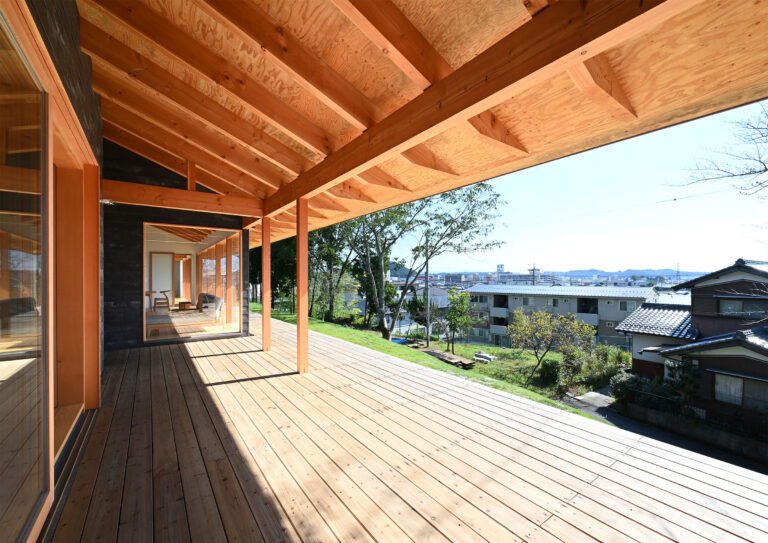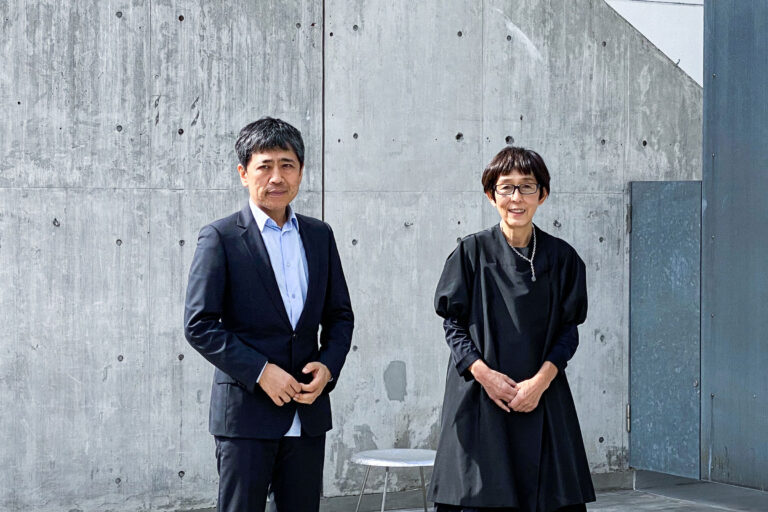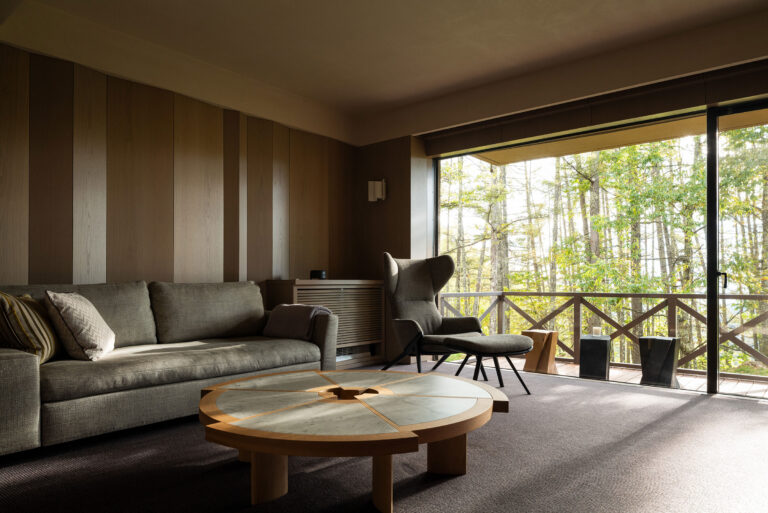
アーキテクチャーフォトで、先週(期間:2021/12/27-2022/1/2)注目を集めたトピックスをまとめてご紹介します。リアルタイムでの一週間の集計は、トップページの「Weekly Top Topics」よりご覧いただけます。
- 2021年にアーキテクチャーフォトで注目された作品トップ10
- 藤本壮介による、ハンガリー・ブダペストの「ハンガリー音楽の家」が完成。国内最大規模の公園を敷地として建設、自然と建築の環境の境界をなくす事を意図し、音の振動を視覚的に表現した“波”から着想を得て設計された施設
- 2021年にアーキテクチャーフォトで注目された記事トップ100
- 妹島和世と西沢立衛が、自身の作品集『KAZUYO SEJIMA RYUE NISHIZAWA SANAA』について解説している動画
- 小山光+KEY OPERATION INC. / ARCHITECTSによる、東京・杉並区の、アニメーション制作会社のスタジオ「MAPPAスタジオ分室」。職場環境の向上も意識しデスク素材の選定やラウンジ空間を重視
- 平瀬有人+平瀬祐子 / yHa architectsによる、福岡・那珂川市の観光拠点施設「五ケ山クロス ベース」。ダム湖周辺整備の一環として計画、山並やダムの景観と調和する量感と曲面の造形に加えルーフテラス等を設けることで、ランドスケープと建築が連続した一体感ある風景を創出
- 千葉学建築計画事務所が最優秀者に選ばれた、福島の「安積中高一貫校」設計プロポの提案書。2次審査に選ばれていた6組の提案書も公開
- 濱田猛 / HAMADA DESIGNによる、滋賀・甲賀市の住宅「丘上の平屋 ひとつ屋根の下」。約2000㎡の敷地内の市街を一望する丘に建物を配置、大屋根下に諸機能を3つに分け独立させ“縁側”等の伝統的日本家屋にある要素を用いる事で、内外を行き来できる豊かな住居を構想
- 岡田宰 / 2id Architectsによる、静岡・浜松市の住宅「白岩の家」
- Buttondesign / 村上譲・菊田康平による、長野・茅野市の、リゾートマンションの一室の改修「蓼科の週末住宅」。敷地近くでの光と山並が生み出す幻想的な景色に触発され、内装に周囲の山並みのように凹凸のあるナラ突板の壁面を考案、差し込む光が時間帯や季節により様々な表情を生む空間を構想
- 藤本壮介建築設計事務所による、京都の「アメノシタ・パビリオン」。ロームシアター京都の屋外空間を敷地に、世界文化交流祭“KYOTO STEAM”の為につくられた、120mm角で長さ4mの木材を積層した鳥の巣のような建築
- 藤田時彦 / atelier umiによる、滋賀・高島市の、築100年の古民家を改修した「umi」。設計者の自邸と事務所とイベント空間を兼ねた建築で、景色の良い琵琶湖沿いを敷地とし、職住分離ではなく職住一体とすることで新たな出会いを期待し計画
- nendoによる、東京の住宅「階段の家」
- 岡山泰士+森田修平+仲本兼一郎 / STUDIO MONAKAによる、京都市の、設計者の自邸「森田邸」。将来的に“小商い”を行いたいとの要望に、建物をほぼ中央配置することで敷地内に“余白”を確保、平面計画にも将来を見越した空間を組み込む
- トラフ建築設計事務所による、兵庫・神戸の、ジュエリーブランドの店舗「Hirotaka神戸店」。神戸旧居留地を敷地とし、既存ファサードを全面ガラス張りにして見通しを向上、オニックス・丸太・コールテン鋼等で作られた素材感ある什器が存在感を放つギャラリーのような空間
- スノヘッタによる、アメリカ・ニューヨークの、宿泊施設と学習センター「Cornell Tech Hotel and Education Center」。2棟別の建物として同時に計画、効率最適化のためバックサービスを共有するよう考慮され、建物形状とファサードの素材によりこの都市にふさわしい存在感を設計
- 石上純也建築設計事務所による、神奈川・厚木市の「神奈川工科大学KAIT広場」
- 竹中工務店の設計・施工による、兵庫・神戸市の「竹中工務店深江竹友寮」
- 長坂常 / スキーマ建築計画による、京都左京区南禅寺草川町の「ブルーボトルコーヒー京都カフェ」
- 白井晟一が1959年に完成させた世田谷の住宅「アトリエNo.7(旧増田夫妻のアトリエ)」をレポート。白井の孫で建築家の白井原太の修復・改修によって、原形を保ったまま現代の居住性も獲得した建築は、新しい住まい手を待つ

